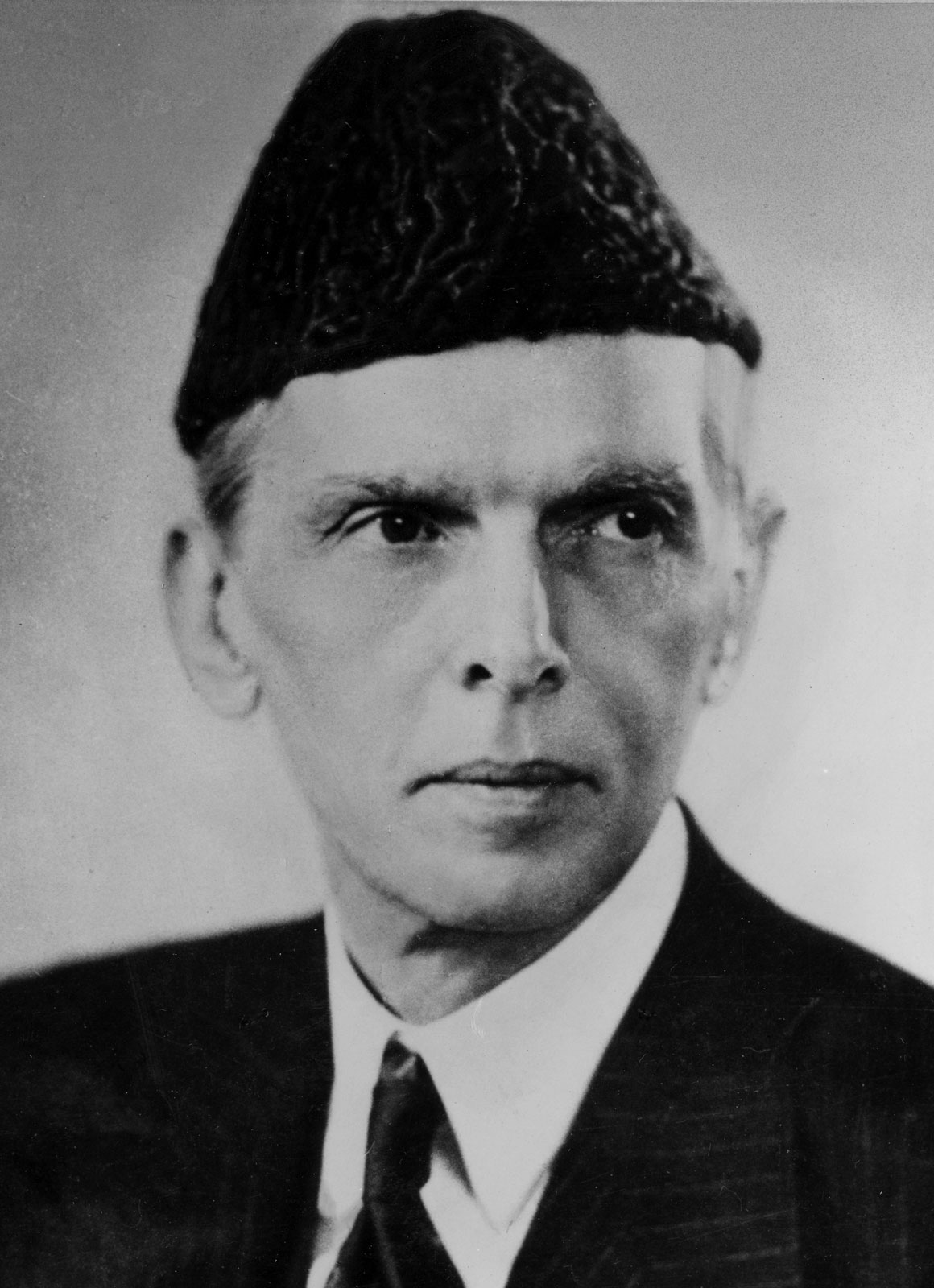

On Pakistan’s 73rd Independence Day, maybe it is time to go back to the founding principles of the country and of our founding father, Quaid e Azam, Muhammad Ali Jinnah. As an editorial in Dawn stated, we need “an official and nationwide rejection, loud and clear, of all ideas that run counter to the values Jinnah worked for all his life.”
As the editorial rightly pointed out, “there have been many opportunities to jointly work towards ending the economic downturn, illiteracy, poverty, human rights abuses and galloping population numbers that face us today. But many such chances have been frittered away in blame games and thoughtless moves to undermine each other. Among the several major challenges before us is the dangerous drift towards pernicious and retrogressive ideas that run counter to Mohammad Ali Jinnah’s ideals and that could in the long run pose a threat to Pakistan’s fragile democratic structure. The evolution of these anachronistic ideas is a subject unto itself, and even though they took birth in the aftermath of the Quaid-i-Azam’s death, they gained momentum after 9/11 and the subsequent rise of international terrorism.”
Further, “Few countries have suffered greater ravages than Pakistan as home-grown terrorists received ‘ideological’ — and in some cases material — support from right-wing elements with their own agendas. More regretfully, governments and state institutions often patronised extremist groups, parties and militants when the authorities mistakenly believed they could be of use in advancing our foreign policy objectives. While the Pakistani Taliban rejoiced at the murder of our soldiers and civilians, successive governments followed a policy of appeasement and let extremist groups operate with impunity. This misplaced leniency showed itself in tragedy both at home and abroad. Moreover, madressah products and the vast amount of literature they produced promoted regressive theocratic ideals and encouraged those out to destroy ‘Western’ values — an omnibus term for repudiating all that the founder of Pakistan stood for. Jinnah had made it clear, and not just in the Aug 11 speech, that Pakistan would not be a theocracy and that all its citizens would enjoy equal rights. Often, in state policies, there appears to be more emphasis on form and less on substance. Notice the morally hollowed Tahaffuz-i-Bunyad-i-Islam bill passed by the Punjab Assembly. Such hurriedly passed laws serve to reinforce bigotry and parochialism.”
![]()





